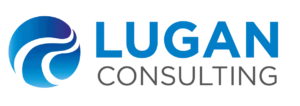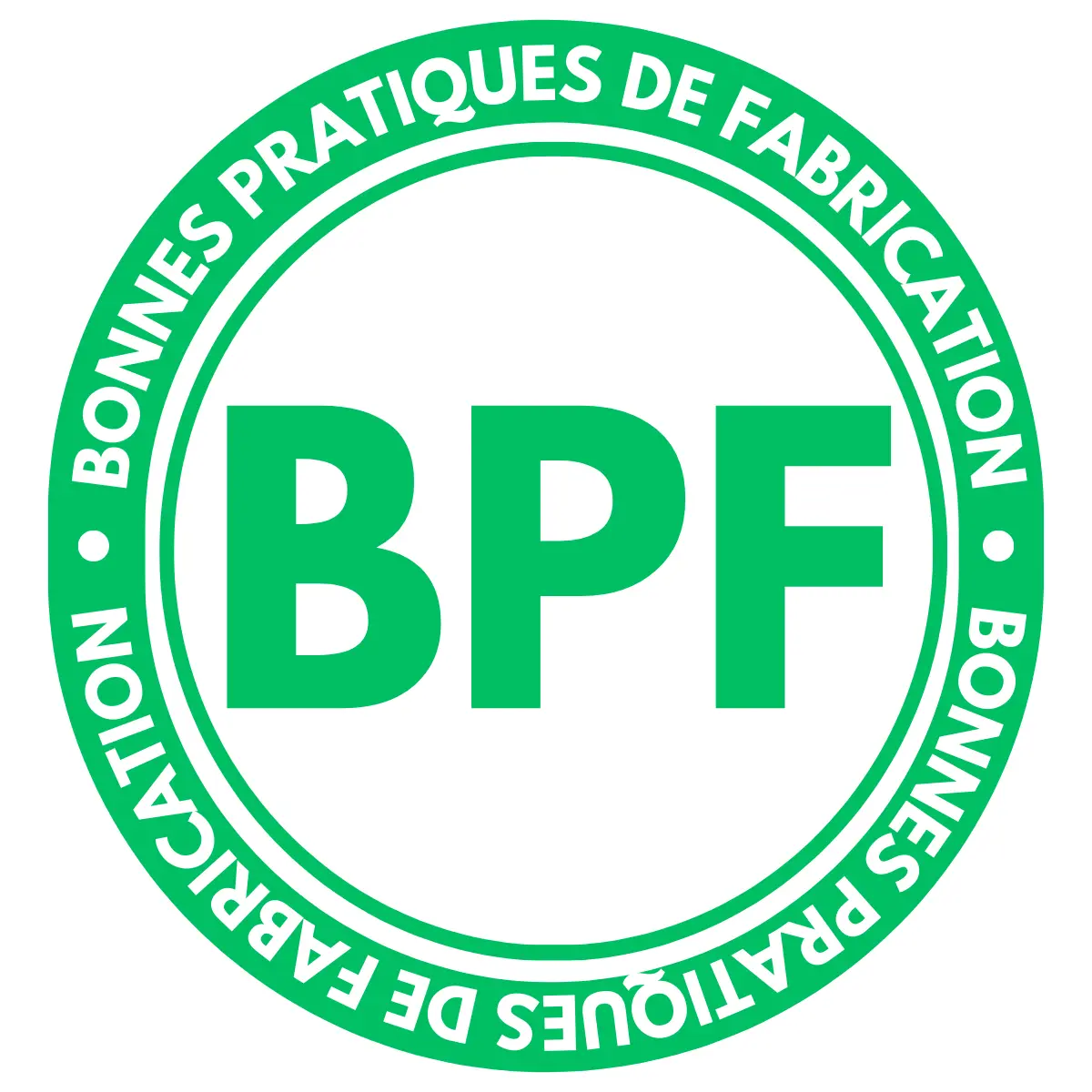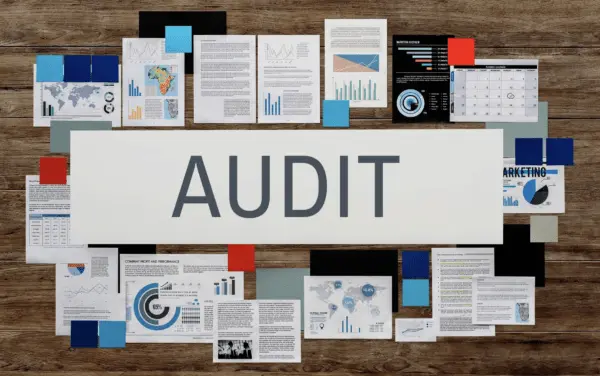Pharmaceutical industry training: optimize your quality strategy
In 2025, it will be impossible not to make training in the pharmaceutical industry an essential component of pharmaceutical company strategy. French reindustrialization, increasing global competition, changing standards, waves of recruitment and production rates are all factors demanding operational excellence. In this fluctuating context, team training consolidates the pillars of pharmaceutical production: innovation and quality. As an expert in supporting executives, managers and operational staff in pharmaceutical manufacturing, I present in this article the 5 points that make training the key to your performance.
5 arguments in favor of training pharmaceutical production teams
Training must be seen as the cornerstone of quality, because by implementing it, a pharmaceutical company will be able to :
1-Improve regulatory compliance
The ever-changing nature of regulations (GMP, ICH, revision of EU pharmaceutical legislation, etc.) keeps pace with the adjustments that drug manufacturers have to make. In recent years, for example, regulatory changes have responded to a number of constraints:
- The decarbonization and ecological transition of the pharmaceutical industry (multilingual packaging, e-notice, etc.);
- The health scandals of recent years have led to a tightening of regulations, which is changing industrial practices, the vigilance of health authorities and awareness of public health issues.
- The fight against shortages (Shortage Management Plan [ PGP ], reporting obligations, notification of shortage risks or supply disruptions, constitution of safety stocks, etc.).
Training guarantees the harmonization of legislative knowledge among teams at all levels of drug production, and removes the burden of financial penalties resulting from ANSM injunctions.
2-Maintain the quality and safety of pharmaceutical and cosmetic products
Staff training is an integral part of the quality process, as it is an essential lever in the error prevention process.
- Mastery of ICH guidelines (ICH Q9 and ICH Q10) prevents incidents with serious consequences for product quality and safety.
- Reducing human error : ongoing, job-specific training provides a better understanding of processes and limits errors linked to misinterpretation. This approach helps to reinforce vigilance, encourages feedback, and enables potential deviations to be quickly identified and corrective action taken.
3-Drive innovation and development
At a time when the French government is mentioning healthcare and biotechnology as a sector with a promising future in terms of jobs by 2030, Leem’s article, La place de la France dans la production de médicaments, questions France’s current sovereignty in the field of biotechnological innovations. According to the organization, “it is essential to diversify production by integrating more innovative drugs and adopting new technologies”.
This strategy implies, as of today, a rethinking of the innovations themselves, as well as work on the teams required to cope with the changes.
- Adapting to new technologies : innovation is often made possible by introducing new or novel technologies into the manufacturing process. Training enables employees to acquire the skills needed to use new technologies and production tools.
- Continuous improvement : by encouraging continuous training, companies foster a culture of continuous improvement and innovation.
- Recruiting digital profiles: the digital transition is accelerating the need for staff with strong digital skills. The search for “IT” technical profiles (specialized in Data Integrity) sometimes means having to integrate candidates from outside the pharmaceutical sector. Targeted training helps these employees to assimilate issues such as pharmaceutical quality and GMP, and ensures their successful integration.
4-Reduce production risks
Quality risk management (ICH Q9) represents an entire chapter of GMP. A standardized methodology is required to
- Prevent incidents : by implementing preventive measures.
- Manage crises : once trained, managers and operational staff know how to react effectively in the event of an incident.
5-Engaging and caring for teams
Training is also an important criterion in CSR policies. Its implementation promotes well-being in the workplace by acting on :
- Personal development: training is an important motivating factor for employees. It enables them to develop personally and professionally, and to acquire new skills.
- Loyalty : satisfied, trained employees are more likely to stay with the company.
- Strengthening team cohesion
In-company training: summary of benefits
Lugan Consulting Pharmaceutical Quality System training courses
Our training catalog covers all aspects of the pharmaceutical quality system: GMP, quality management, data integrity, risk analysis, qualification and validation, etc. Take advantage of LUGAN CONSULTING’s expertise, thanks to entertaining curricula tailored to your day-to-day professional life. Each of our 10 themes addresses a specific issue and aims to achieve several objectives:
GOOD MANUFACTURING PRACTICES
How to ensure compliance of operations in a GMP environment?
- Know how to apply GMP rules within the company.
- Understand who is responsible for implementing GMP requirements.
Identify the risks applicable to your department’s activities.
DATA INTEGRITY IN THE PHARMACEUTICAL INDUSTRY
How to guaranteedata integrity in a GMP environment?
- Know and understand regulatory requirements for data integrity
- Understand the main concepts associated with data integrity (ALCOA)
- Be able to take stock of the current system
RISK ANALYSIS IN THE PHARMACEUTICAL INDUSTRY
How to successfully implement an ICH Q9 risk analysis approach
- Promote and deploy the risk analysis approach within the company
- Understand and apply the regulatory requirements for ICH Q9 risk management.
- Select and implement the various risk analysis tools appropriately
- Lead a risk analysis session
HUMAN ERROR IN DRUG PRODUCTION
How to analyze and prevent the risk of human error in a GMP environment?
- Identify the different types of human error
- Identify and understand risk factors
- Analyze the causes of human error
- Optimize processes, systems, procedures and organization to reduce errors
QUALIFICATION AND VALIDATION IN THE PHARMACEUTICAL INDUSTRY
How to guarantee the conformity of operations in a GMP environment?
- Understand the general principles of GMP qualification and validation
- Understand and apply qualification and validation requirements in the pharmaceutical industry
- Define a qualification and validation strategy for your business sector
To obtain details
of LUGAN CONSULTING training sessions,
download our catalog :
Download our catalog
Send download link to:
INTERNAL AUDIT
Audit methodology and techniques in the pharmaceutical industry
- Prepare and implement the various stages of an audit
- Develop and perfect their internal audit techniques and methods
- Know how to behave in different situations
KNOWLEDGE MANAGEMENT
How to set up an effective knowledge management process in a GMP environment?
- Understand the challenges of knowledge management in the pharmaceutical industry
- Identify the levers for implementing an effective and robust process
- Define the keys to implementing a knowledge-sharing culture
CHANGE MANAGEMENT
How to set up an efficient Change Control process in a GMP environment?
- Understand the challenges of Change Control in the pharmaceutical industry.
- Master the tools and methods needed to implement an effective process.
- Adapt this process to their specific context.
CONTINUOUS IMPROVEMENT AND LEAN MANAGEMENT
How can you optimize your processes with Lean Management?
- Understand the key concepts of Lean Management
- Know and identify the main Lean tools to implement
- Be able to define a continuous improvement project within your business sector
PROBLEM-SOLVING METHODOLOGY
How to solve a problem effectively?
- Know and master the different tools used in problem-solving.
- Implement an investigation methodology appropriate to the context and nature of the problem under study
- Manage an investigation group effectively
Training is the driving force behind the performance of successful pharmaceutical companies. By investing in the skills development of its employees, a pharmaceutical company strengthens its competitiveness, improves its productivity, preserves its reputation and retains its talent. Training employees is the first strategic lever for achieving these objectives.
We can tailor programs to meet your specific challenges and those of your team. Contact Frank Lugan for a training program tailored to your company’s specific needs.











